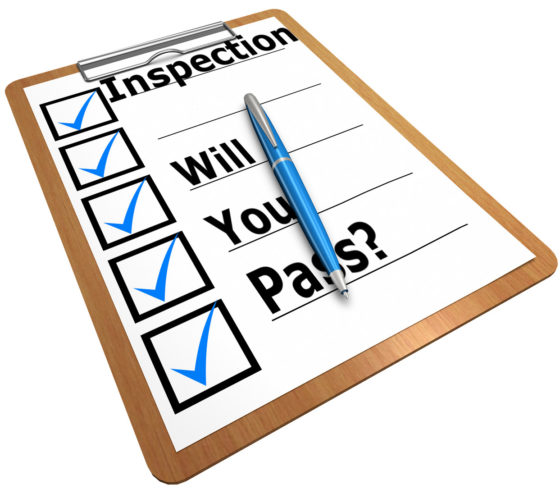Posted on November 10, 2016
The TGA has recently concluded its pilot program in Pharmacovigilance inspections in Australia. Numerous companies volunteered to take part in this inspection program, and from those volunteers the TGA selected ten companies. The selection process by the TGA considered a) the type of company and b) the products of these companies. The TGA tried to include a comprehensive group of organisations (including large multinationals, generics companies, complementary/herbal medicine companies, smaller biotechnology companies, and Australian owned and based companies) with the view that the inspections would encompass an extensive portfolio of medicines (registered, listed, OTC, complementary, vaccines, innovative, generic, topical, oral, nasal, IV, those with and without RMPs/PSURs).
The inspection process itself was similar to those inspections conducted by other Competent Authorities such as the MHRA, in that the process was divided into pre-inspection phase, inspection phase, and post-inspection phase.
- Pre-Inspection – 1 month prior to inspections, a draft agenda and initial document request were sent to the companies.
- Inspection – consisted of opening meeting, interview sessions (to gain understanding of PV processes), document requests (to allow the inspectors to verify statements in the interviews), review of documents, and a closing meeting (verbal overview of findings)
- Post-Inspection – 4 weeks following the receipt of the last document sent by each company to the TGA, a formal inspection report was provided to the company. The companies were given 4 weeks to respond to the findings (using a CAPA plan to record the findings, then carry out any necessary actions), the proposed CAPAs were assessed by the inspectors (changes and/or additions negotiated between the TGA and company), and the inspection process was deemed to be closed.
The TGA Inspectors considered the following during their inspections: ADR collection and processing, processes for ongoing monitoring of safety, PSUR production and co-ordination, maintenance of RSI, the Australian RPPV, and relevant Australian PV legislation and guidelines.
The formal inspection report graded the deficiencies as either
- Critical – deficiencies in the PV practice or processes of the company that already have or may significantly and adversely affect the safety or well-being of patients or that poses a potential risk to public health or that represents a serious violation of applicable legislation and guidelines.
- Major – deficiencies in the PV practice or processes of the company that could potentially adversely affect the safety or well-being of patients or that could pose a potential risk to public health or that represents a significant violation of applicable legislation and guidelines.
- Other – a deficiency that cannot be classified as either critical or major, but indicates a departure from good pharmacovigilance practice. These deficiencies are not deemed to be expected to adversely affect the safety or well-being of patients. It may be a deficiency which has been judged as minor, or because there is insufficient information to classify it as major or critical.
The pilot program demonstrated that the majority of findings were in the following areas:
- Australian RPPV roles and responsibilities,
- Deficiencies in procedural documentation,
- Ongoing monitoring processes,
- Submission of PSURs (deviation from the PSUR submission schedule),
- Significant safety issues communication (late communication to the TGA),
- Maintenance of RSI (delays in updating Australian product information, delays in updating CMI documents), and
- AE case collection and processing (late/non-submission to the TGA, non-conservative seriousness assessments, lack of due diligence in identification of AEs and special situation reports, deficiencies in PV contracts and training of vendors)
Since the purpose of the pilot program was for the TGA to characterise how they consider is the best way to progress with inspections in the future. The volunteering companies were asked to fill out a questionnaire, and responses have been useful and given the TGA further points to consider. Points such as challenges with time zone differences were raised.
The TGA are in the process of determining whether a national PV inspection program is feasible, and the industry should hear more information via a consultative process shortly.
This article was written by Beverley Worrall, from our Pharmacovigilance team
Please contact our expert Pharmacovigilance team on +61 3 9251 0777 for assistance in making sure you are ready for those inspections
